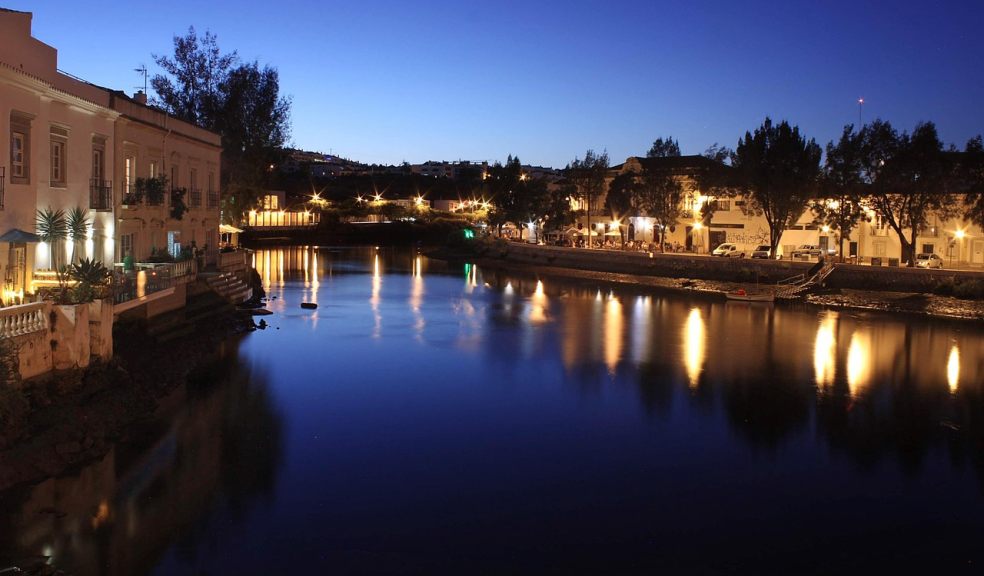
Cultural Immersion in Portugal's Algarve Region
The Algarve conjures images of golden beaches and azure waters, yet this sun-drenched corner of Portugal offers far richer experiences than mere coastal pleasures. British holidaymakers have long flocked to these shores for summer escapes, often missing the cultural tapestry that makes this region truly exceptional. Venturing beyond the sunlounger reveals a land shaped by centuries of Moorish influence, maritime adventure, and rural traditions—all waiting to be discovered by those willing to explore.
Why Does the Algarve's History Create Unique Cultural Experiences?
The cultural landscape of the Algarve bears the unmistakable imprint of its past inhabitants. Moorish architecture dominates old town centres, with intricate geometric patterns adorning doorways and whitewashed buildings crowned by distinctive chimney pots—no two alike. This architectural heritage speaks of eight centuries of North African rule that ended in the 13th century, yet its influence remains indelibly woven into the region's identity.
Portuguese sailors once set forth from these shores during the Age of Discovery, bringing back influences from distant lands. This maritime heritage continues in fishing villages where colourful boats bob in harbours, and fishermen mend nets using techniques passed down through generations. The fusion of these influences creates a cultural landscape utterly distinct from other Mediterranean destinations.
Where Can You Find Authentic Cultural Experiences in the Algarve?
Silves, the ancient Moorish capital, stands as a testament to the region's layered history. Its imposing red sandstone castle offers panoramic views across orange groves and the surrounding countryside. Wandering through its narrow cobbled streets feels like stepping back in time, particularly during the annual Medieval Festival when the town transforms with period costumes, authentic food, and traditional music.
Further east, Tavira presents perhaps the most authentically Portuguese town in the region. Its Roman bridge, converted churches, and traditional salt pans provide glimpses into different eras of Algarvian life. The town's relaxed pace encourages visitors to linger in family-run cafés serving regional pastries and strong coffee.
Many British visitors find that staying in villas in the Algarve rather than resort hotels provides better access to these authentic experiences. Situated within local communities rather than tourist enclaves, private accommodations often place you at the heart of neighbourhood life, where morning greetings from local shopkeepers and evening recommendations from neighbours become part of your daily routine.
How Does Algarve Cuisine Tell the Story of the Region?
Algarvian food serves as a delicious history lesson, with each dish revealing something about the region's past and present. Cataplana, the distinctive clam-shaped copper cooking vessel, produces seafood stews that combine techniques from both Moorish and Portuguese traditions. These aromatic dishes typically feature local clams, prawns, and chorizo—a perfect representation of the region's coastal bounty and agricultural heritage.
Markets like Loulé's Saturday affair showcase the agricultural richness that lies just inland from the coast. Farmers display mountains of locally grown almonds, carobs, figs, and oranges alongside homemade cheeses and cured meats. The vendors' passionate explanations about their produce—often accompanied by generous samples—provide insight into rural Algarvian life that many package holidaymakers miss entirely.
Small villages host cooking workshops where visitors learn to prepare traditional dishes under the guidance of local chefs. These hands-on experiences typically conclude with communal meals accompanied by regional wines, fostering connections between visitors and residents that transcend the usual tourist experience.
What Cultural Day Trips Should You Not Miss?
Cork harvesting represents one of the Algarve's oldest traditions, with Portugal producing over half the world's cork supply. Tours through these ancient forests reveal the sustainable harvesting process that only removes bark every nine years, allowing trees to live for centuries. The sight of freshly harvested trees with their distinctive reddish trunks provides a striking contrast to their untouched neighbours.
The pottery village of Porches maintains centuries-old ceramic traditions, with artisans hand-painting distinctive blue and white pieces using techniques passed down through generations. Visitors can watch potters work at their wheels and painters apply intricate designs before selecting unique pieces to bring home—souvenirs with authentic cultural significance rather than mass-produced trinkets.
Monchique, nestled in the mountains that form the Algarve's northern border, offers insights into rural traditions that remain largely unchanged for centuries. Here, medronho—a potent fruit brandy—continues to be distilled using ancient methods, while local workshops produce handcrafted wooden utensils and woven baskets essential to traditional Algarvian households.
How Can You Connect with Local Life in the Algarve?
Village markets present perfect opportunities for cultural immersion, with Saturday gatherings in Loulé and Sunday markets in Silves attracting locals from surrounding areas. These bustling events transcend mere shopping experiences, functioning as social hubs where families gather, news spreads, and traditions continue. Arriving early rewards visitors with the spectacle of setup and the freshest produce, while lingering later might mean bargains—and certainly more animated conversations.
Festas (festivals) punctuate the Algarvian calendar, celebrating everything from religious events to seasonal harvests. The Sardine Festival in Portimão transforms the riverside into a smoky, aromatic celebration of this humble fish, while village saints' day celebrations feature processions, music, and communal meals that welcome visitors willing to participate rather than merely observe.
For those seeking genuine connection with local culture, accommodation choices matter significantly. Traditional guesthouses and private villas offer daily interactions with neighbours and hosts that hotel stays rarely provide. Many British families find that renting residential properties places them within authentic communities rather than tourist zones, facilitating spontaneous conversations and local recommendations impossible to find in guidebooks.
The Algarve's true character reveals itself through these cultural encounters—turning a pleasant beach holiday into something far more meaningful. By embracing the region's rich heritage alongside its natural beauty, visitors create memories that extend far beyond sunshine and sand.













